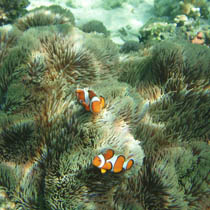What is at issue:
Similar to their tropical counterparts, coral gardens in Europe serve as biodiversity hotspots: they offer protection and habitat for countless organisms and are an irreplaceable source of food for larger creatures such as fish.
But coral reefs are under threat. On the one hand, through indirect influences (climate change, ocean warming, pollution), and on the other hand, through direct influences caused by us humans. Fishing poses the greatest threat. The best fishing grounds are found where there is abundant underwater life. Many corals get caught in trawl nets and are fished out of the sea as bycatch. They either dry out or are thrown back into the sea, where they cannot survive without anchoring to the seabed.
The organization “Plant a Coral” is addressing this problem. On the south coast of Portugal, a team of marine biologists is working to protect the coral reefs. The aim of the project is to produce a documentary film that will bring the organization's work and the issues it addresses to the attention of a wider audience.
What's happening now:
In the Algarve region of Portugal, marine biologist and founder of the organization “Plant a Coral” is researching the life cycle and reproduction of local corals. This enabled her and her team to reproduce cold-water corals for the first time three years ago. Last year, she was able to release the so-called baby corals into the sea to maintain coral populations and promote biodiversity.
She is currently researching how the survival rate and growth of the babies can be accelerated in order to use this on a larger scale, as is already possible with tropical corals. To protect the corals from trawl nets, she is using her research findings to advocate for more marine protected areas. These make it possible to monitor or completely ban fishing in certain regions.
The documentary accompanies Christina in her everyday life at the research station and on a dive during which the baby corals are brought into the sea. It also shows her commitment to a world about which we still know very little.
The film also accompanies local fishermen to learn more about their way of life and the dangers of trawl nets for coral reefs.
What we have achieved:
The film is to be submitted to national and international film festivals at the end of 2025 in order to raise awareness of European coral reefs among as many people as possible and to present the problems and possible solutions.
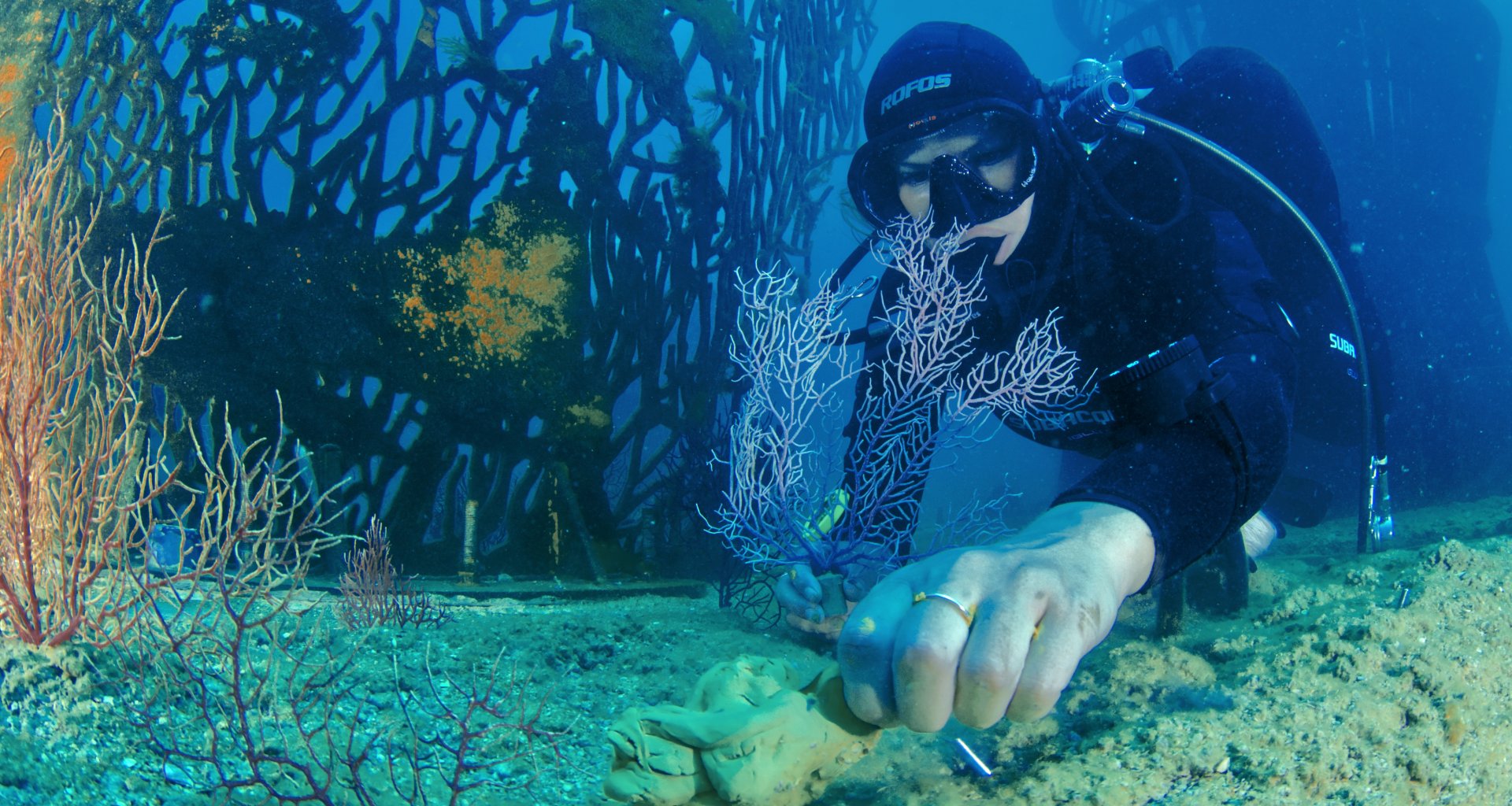

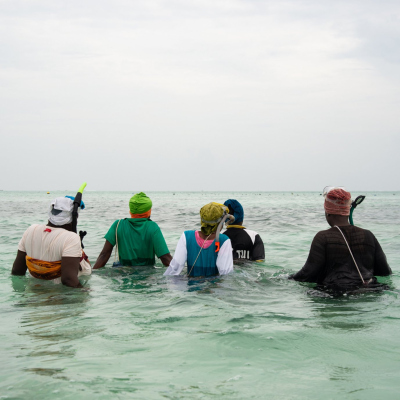)
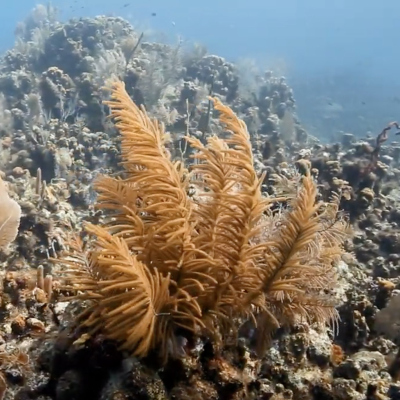)
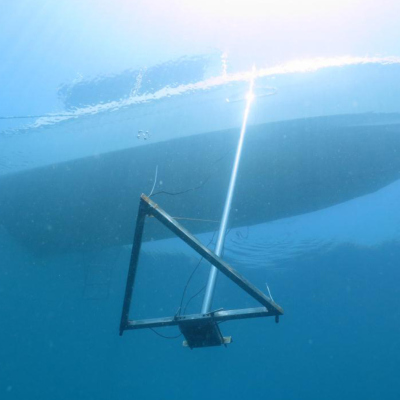)
